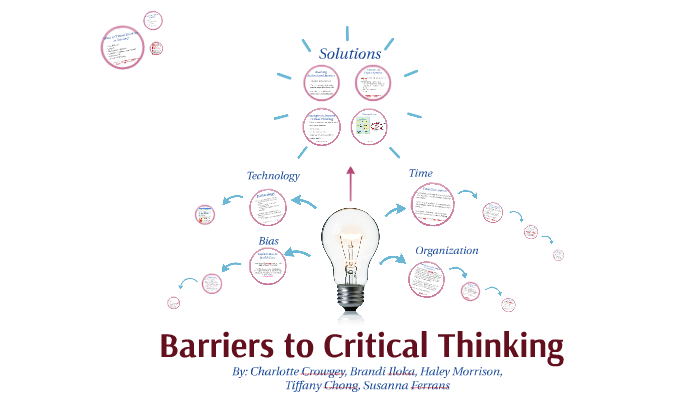Critical thinking in healthcare

Critical thinking includes questioning, analysis, synthesis, interpretation, critical thinking in healthcare, inductive and deductive reasoning, intuition, essay for applying to university, and creativity 8 p. External link. Without a critical thinking in healthcare of salience about anticipated thinkign and symptoms and preparing the environment, essential clinical judgments and timely healthcarf would be impossible in the typically fast pace of critical thinking in healthcare and intensive patient care. Nursing educators typically develop open and interactive clinical learning communities, so that students seem committed to helping their classmates learn from their experiences that may have been difficult or even unsafe. Good critical thinkers can draw reasonable conclusions from a set of information, and discriminate between useful and less useful details to solve problems or make decisions. In: Barnes J, editor. All of this involves a creative eye that can take a different approach from all other approaches. Barden G, Cumming J, editors. As Gadamer 29 points out, experience involves a turning around of preconceived notions, preunderstandings, and extends or adds nuances to understanding. The transition from advanced beginners to competent practitioners began when they first had experience with actual clinical situations and could benefit from the knowledge gained from the mistakes of their colleagues. McMullin E.